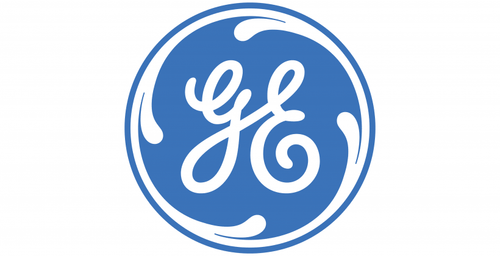Canada Growth Fund Inc., Gibson Energy Inc. , and Varme Energy Inc. have formed a strategic partnership to accelerate the development of Canada’s first waste-to-energy facility with carbon capture technology.
If successful, the project will be located on Gibson land in the Heartland-area and will have the capability to process 200,000 tonnes per annum of municipal solid waste, diverting residential garbage from landfill. Such waste will be received pursuant to a 15-year contract that has been entered into by Varme and the City of Edmonton.
This proposed greenfield waste-to-energy facility, which would be constructed by the partnership and operated by Gibson, would have integrated carbon capture equipment enabling the project to incinerate municipal solid waste and produce carbon-negative electricity. A front-end engineering and design study is underway, and a final investment decision by the partnership is planned in early 2025, with commissioning targeted in 2027.
The project supports the advancement of technologies fundamental to achieving a net-zero electricity grid across the country. Integrated waste-to-energy and Carbon Capture and Storage has significant potential to be replicated in municipalities across Canada and to put Canada in a position to export this expertise globally. By accelerating local waste diversion, the project will increase the supply of carbon negative electricity in Alberta by avoiding harmful methane emissions. Governments globally, including the Government of Canada and the Government of Alberta, have identified rapid reductions in methane emissions as key to limiting near-term climate impacts.
The partnership will collaborate to advance the development of the flagship Heartland project. Pursuant to the terms of the partnership, should the Project reach a positive FID, Gibson, CGF and Varme would have a 50 percent, 40 percent and 10 percent ownership interest, respectively.
In addition, CGF would provide a carbon price assurance mechanism in the form of a Carbon Credit Offtake to purchase up to 200,000 tonnes per annum of compliance grade carbon credits generated by the Project at an initial price of $85 per tonne for a term of 15 years. The project would retain the ability to sell up to 100,000 tonnes per annum of carbon emission reductions into alternative carbon markets, including as Bioenergy with CCS atmospheric carbon removal credits. The features of the proposed CCO, notably its large scale and its long-term fixed-price, build on CGF’s past transactions and help to de-risk and accelerate private CCS investment by establishing revenue certainty for Canadian projects.
The project benefits from this innovative CCO structure by having its compliance carbon credits de-risked while retaining the ability to sell high value carbon dioxide removal credits to leading corporations and brands.





